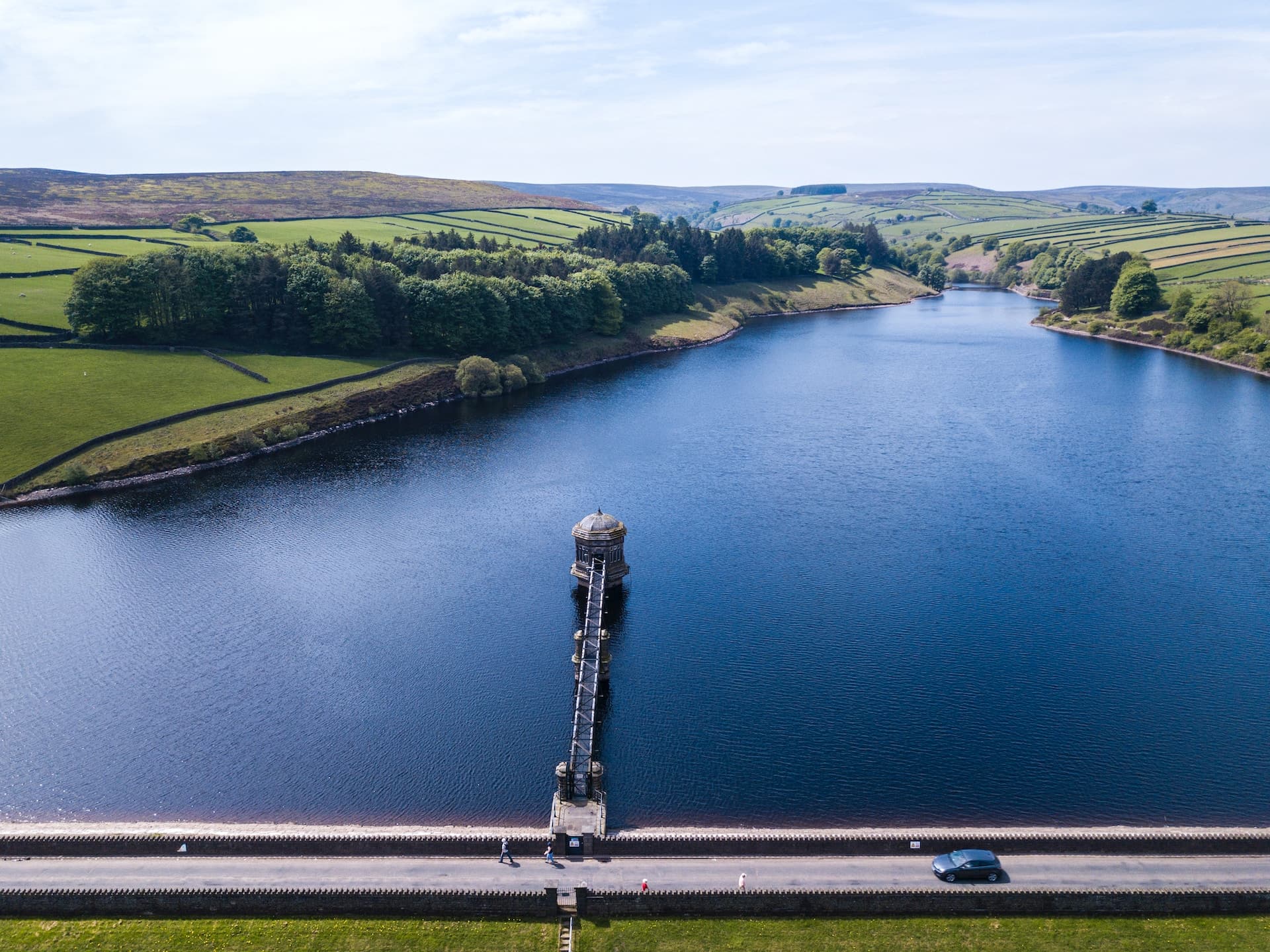Water is the lifeblood of all of us, and is essential for any business to function. This makes the choice of water provider a huge consideration, and business water prices can have a major effect on your business as a result.
This also means that the water supplier in your area has a disproportionate effect on your company’s ability to function, so what happens if such a major pillar of your business were to collapse?
This is not necessarily a hypothetical scenario; Thames Water has stumbled from crisis to crisis over the past year, with billions of pounds of debt and a financial situation so precarious that some estimates claim the water supply giant could run out of money in less than a year.
This existential threat is severe, not just for people in Thames Water’s catchment area of 15.5m people but also for the potential knock-on effect on other providers and suppliers, especially during a time when businesses are looking for the best ways to safeguard their water supplies.
With all of this in mind, here are some potential events that could happen next, and the consequent effect they would have on business customers.
The Thames Precedent
Thames Water’s situation was first recognised by Ofwat, the regulator for the water industry, when it emerged that the company had accrued debts of £15b, the most indebted of all of the water companies in England and Wales.
This was compounded by Thames Water, along with several other water companies being implicated in breaches of water quality regulations over their use of sewage overspill systems, a situation that led to the resignation of CEO Sarah Bentley in June 2023 and subject to financial penalties by Ofwat the same September.
The company’s parent group Kemble defaulted on a £190m loan payment, and as of May 2024 has been in deadlocked negotiations with Ofwat over leniency over fines, dividend rules and an increase in bills that, including inflation, would increase bills by 56 per cent by the year 2030.
A planned investment of £4b over the next two years has been withheld due to questions about the viability of Thames Water’s turnaround plan, amid claims that increased prices were necessary to fund necessary infrastructure improvements, something that has been disputed.
Ofwat has identified Thames Water and three other water companies (South East Water, SES Water and Southern Water) as the worst-performing water companies in terms of financial performance, suggesting the potential that other companies are going through the same troubles as Thames Water.
What Is The Worst Case Scenario?
The effect a Thames Water or other similar collapse could have is catastrophic, and in the event that the water firm can no longer function as a going concern, Ofwat and the UK government have a set of contingency plans available to stop the taps from suddenly stopping running.
One option is that new shareholders will take over, but given the nature of a water company and its very unique challenges, such a shareholder would need to have patience when it comes to their return on investment, making an immediate-term injection of funds unlikely.
A potential option is the lenders lowering their debt repayments, something that has happened with other companies laden with short-term debt. This could increase borrowing costs overall of the industry, with a risk that these additional cost pressures could be passed onto customers
The most extreme example of this is the Special Administration Regime, where the company is brought into public ownership on a temporary basis, giving time for customers to be transferred to other providers and the business is sold to someone else to manage.
The precedent for this has been set by the dramatic collapse of Bulb Energy after a spike in natural gas prices in November 2021. This provided the government with around a year to transfer customers from Bulb to Octopus Energy.
Whilst the specifics are different, given that the energy sector does not have quite the same structure as the water industry, there is a process for ensuring that a major utility provider does not simply disappear and cause customers intense hardship.
Unless there is a sudden change in the fortunes of Thames Water, it is believed to be a matter of “when” rather than “if” it ends up in this special administration, which would make the issue of water not just a financial and health concern, but a political one.
It is also a situation that is moving quickly, with resignations, defaults and dramatic write-downs of the company’s value happening on a near-daily basis.
Business customers will be shielded from much of the chaos in the short term, but the risk is that it could lead to higher costs later on, which makes the need for strong water auditing even more critical.



